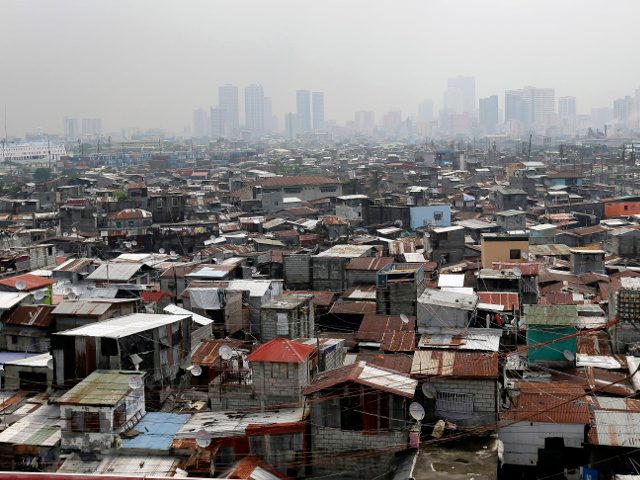SUMMARY
This is AI generated summarization, which may have errors. For context, always refer to the full article.

ADDIS ABABA, Ethiopia – Developing nations have abandoned their push to create a global tax authority during a key United Nations global development summit being held this week in Ethiopia, officials said Thursday, 16.
Poorer countries, as part of the 134-member G77 bloc, had been lobbying hard for an end to multinationals’ profit shifting, which the UN’s trade and development body UNCTAD says costs poorer countries some $100 billion a year.
They wanted a UN-managed intergovernmental body charged with overseeing a new set of global fiscal regulations to be created, replacing the current set-up where such matters are managed by the Organisation for Economic Co-operation and Development (OECD), the so-called “rich man’s club”.
Richer countries, led by Britain and the United States, were opposed to the plan.
The dispute has been at the center of the summit, which has been tackling the question of how to plug an estimated $2.5 trillion gap in development financing.
Th United Nations hopes the meeting will pave the way for a fairer world of inclusive, low-carbon growth, set out in its 2015-2030 Sustainable Development Goals.
The final text of the summit, obtained by AFP, shows developing nations dropped their demands for a global tax body, with the text only mentioning that a subsidiary committee of the UN’s Economic and Social Council (ECOSOC) – which only has a consultative role – will handle the matter.
It says members of this committee will in future be appointed by their governments and that it will be more geographically representative.
“This question has become a political football,” explained Paddy Carter, a researcher at the Overseas Development Institute (ODI), a London-based development think-tank.
“It’s easy to understand why developing countries need a global tax body instead of being told by OECD what they should do. But it’s harder to say how effective a UN body could be to increase tax revenues for these countries,” he said.
The final text from the summit, the third of its kind after talks in Monterrey in 2002 and Doha in 2008, is expected to be formally adopted later Thursday.
This in turn will enable the world body to push ahead with its 2015-2030 Sustainable Development Goals, which are due to be formally adopted in New York in September. There are 17 in all, ranging from ending poverty to providing universal access to sustainable energy. – Rappler.com
Add a comment
How does this make you feel?
There are no comments yet. Add your comment to start the conversation.